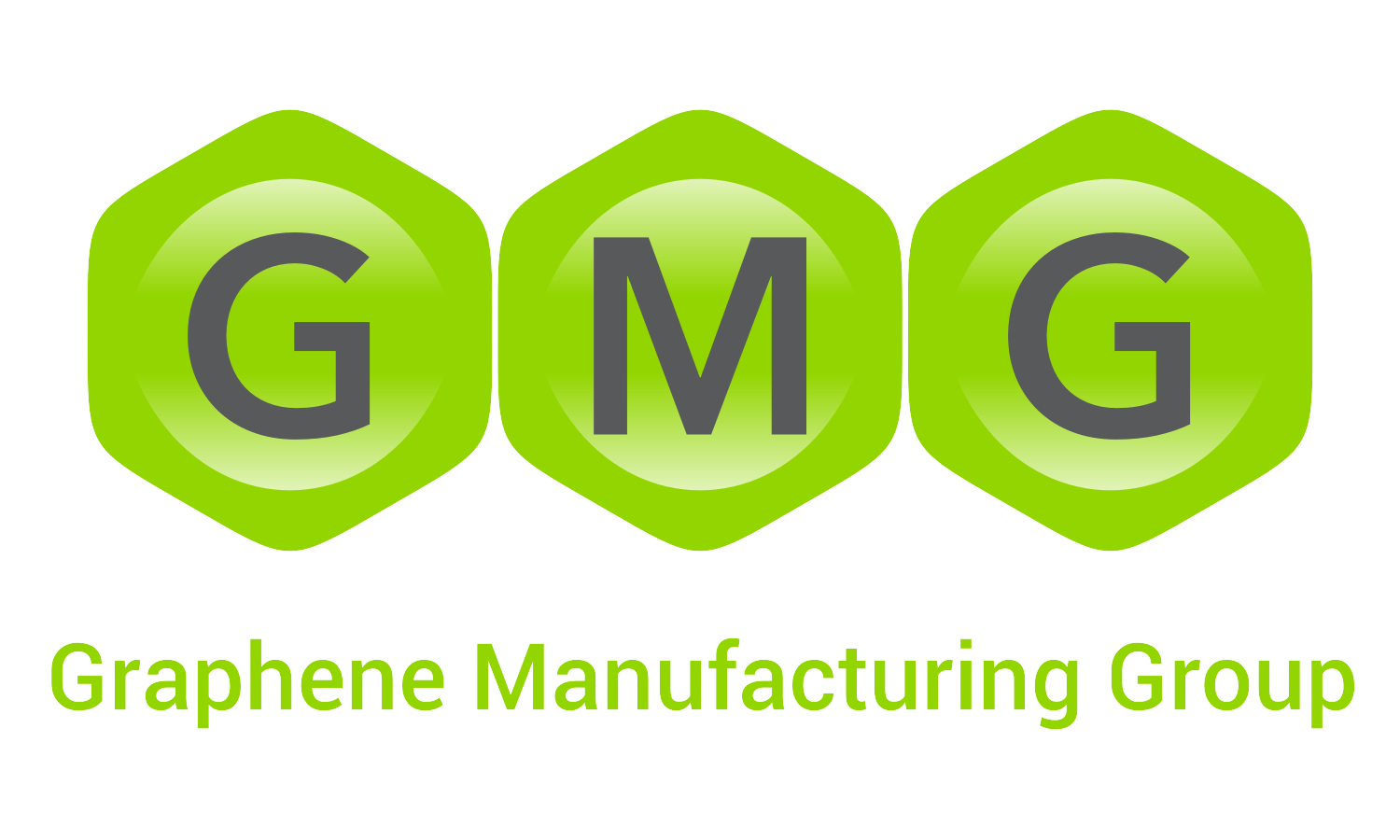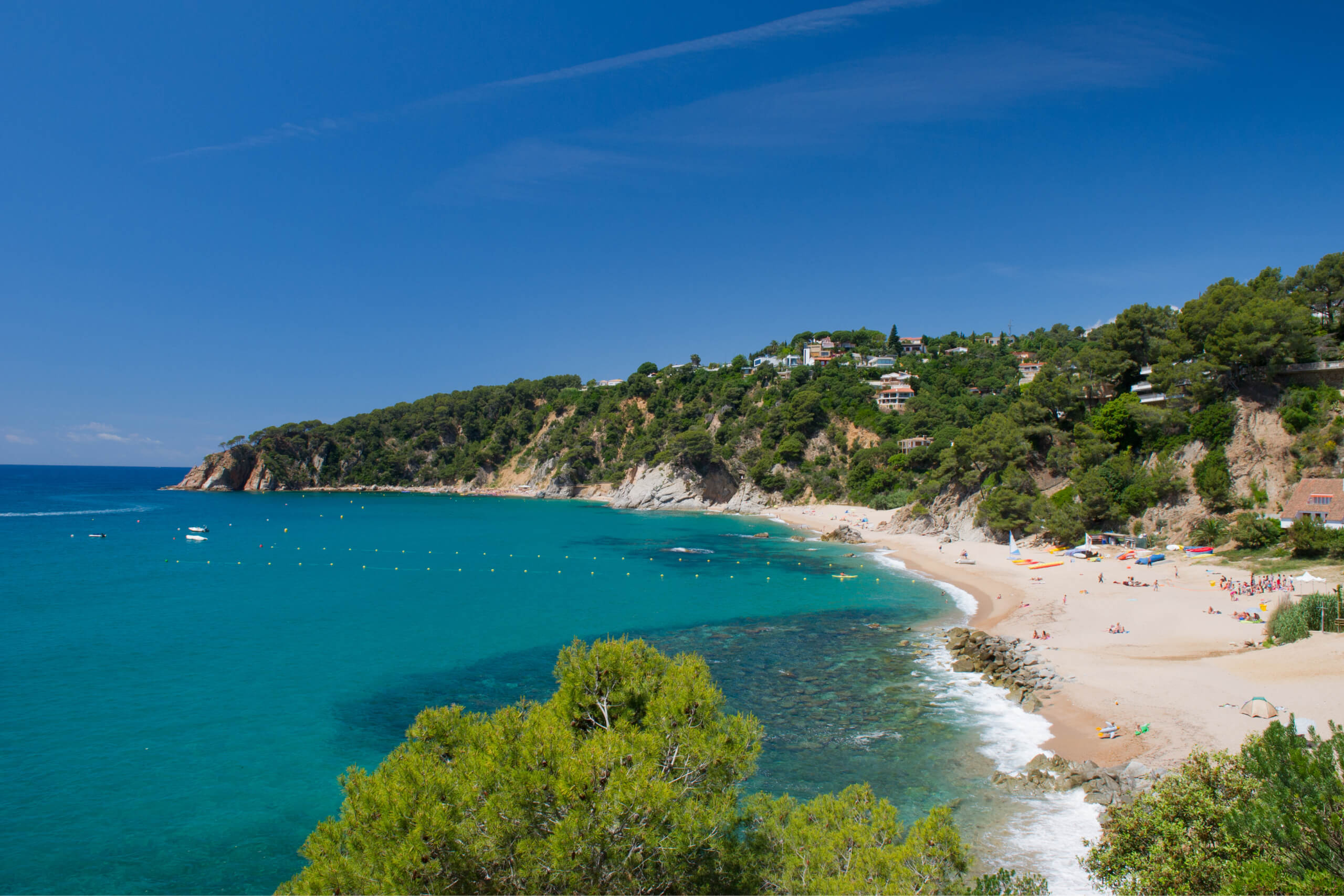Will Sea Air Corrode My Air Conditioning Units?
Graphene Manufacturing Group explains how sea air can corrode your air conditioning units
While a location next to the beach is every Australian business owner’s dream, if your business is within 3 kilometres of the ocean, your property is at risk from damage from the sea air. In particular, sea air can lead to the corrosion, deterioration and ultimate failure of your air conditioning units if you are not maintaining them, or using corrosion prevention methods.
Continue reading this blog to find out how sea air could be corroding your air conditioning system and how you can avoid it.
Why sea air causes corrosion
Whilst being located along the coastline means that your customers and staff will get a lovely sea breeze, this salty sea air can cause more harm than good. Salty air is corrosive, as it contains sodium chloride and is also hygroscopic, meaning that it attracts water. The salt in sea air attracts moisture in the environment, and the sodium chloride settles on surfaces, which leads to an expedited oxidation process. This causes rusting and the deterioration of metal if no form of corrosion prevention has been put in place.
How corrosion affects air conditioning units
A key victim of sea air corrosion in your business is your air conditioning units. This is because the metallic parts of your air conditioning unit are vulnerable to damage from the sodium chloride and moisture in the sea air.
This can particularly impact the condenser coil. Sea air damages the coil causing premature wear, which will result in your air conditioning unit/s having to work harder to reach your desired temperature. This will, over time, cause excessive energy consumption and can lead to malfunctions that will require the replacement of the affected parts.
How to avoid air conditioner corrosion
Luckily there are ways in which this corrosion can be managed. If you have yet to install your air conditioning units, you can strategically position the unit so that it may be shielded from harsh winds and the elements to help the salt not build up as quickly.
Once your air conditioner has been installed, regular cleaning and checking for potential rust is essential to ensure their longevity. The most effective way to manage air conditioner corrosion is through proactive corrosion prevention, such as applying Graphene Manufacturing Group’s THERMAL-XR® coating system. This graphene-based coating provides long-lasting corrosion protection effectively lowering your maintenance cost and replacement frequency of your air conditioning system.
If your business is near the ocean and does not have a plan in place to stop your air conditioner from corroding, contact Graphene Manufacturing Group to discuss the application of THERMAL-XR® on your air conditioning units to ensure they are protected for years to come.

